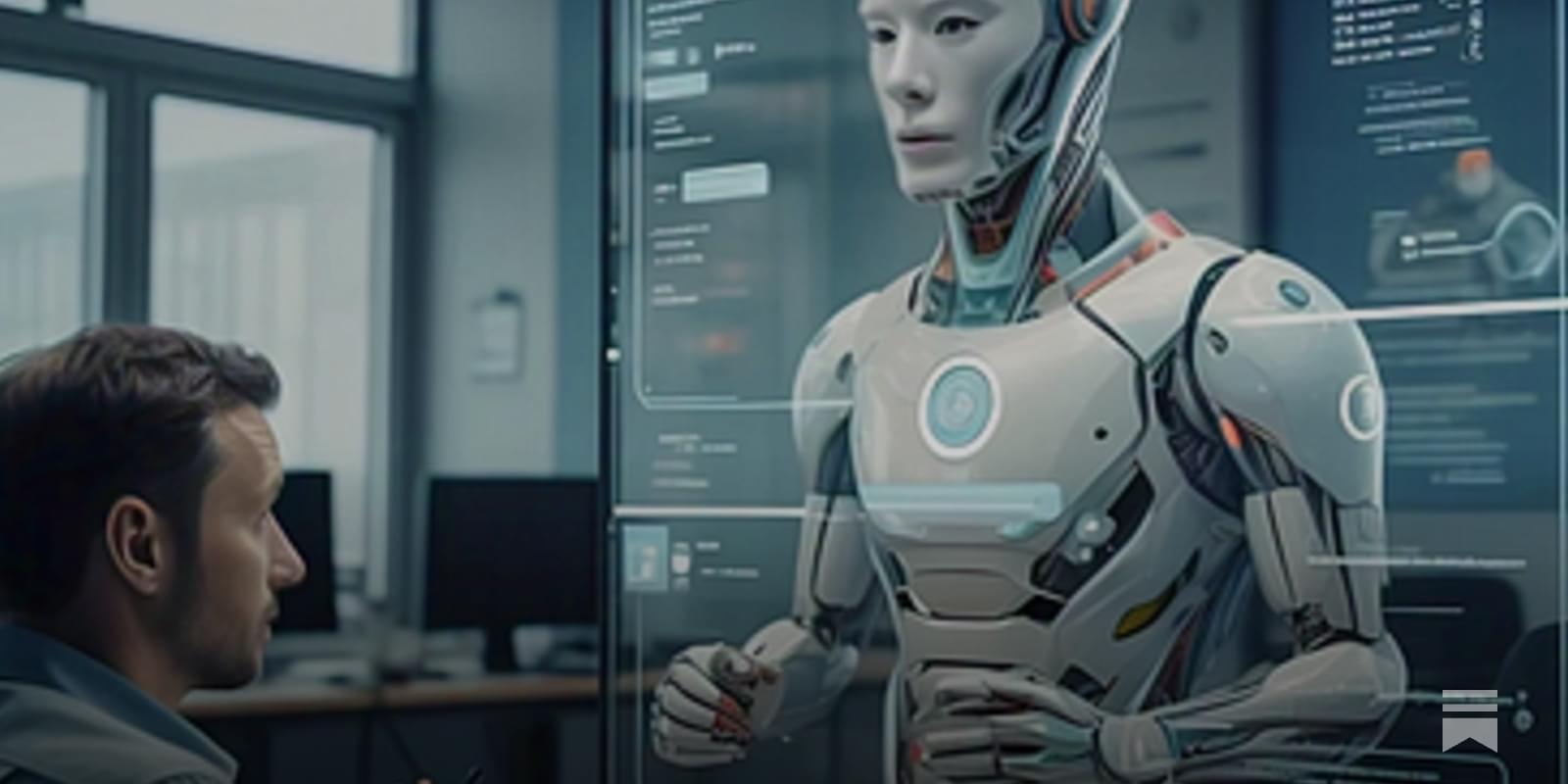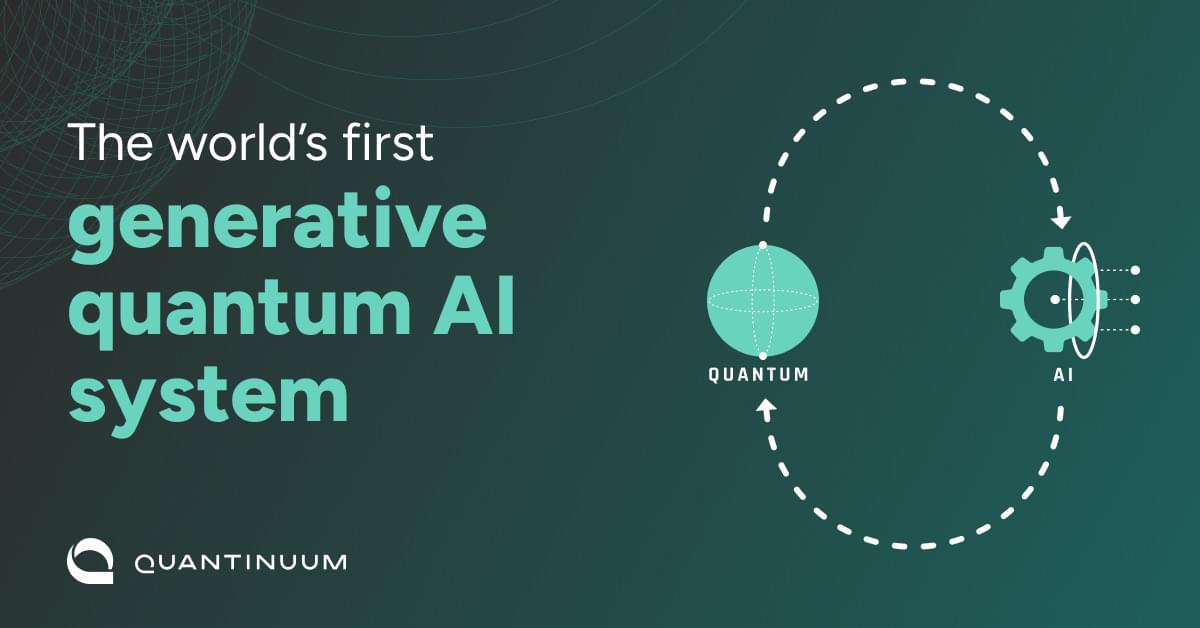Chinese artificial intelligence startup DeepSeek’s latest AI model sparked a $1 trillion rout in US and European technology stocks, as investors questioned bloated valuations for some of America’s biggest companies.
DeepSeek’s latest AI model rose to the top of the Apple’s appstore charts over the weekend, presenting a visible challenge to costlier models like OpenAI and raising questions over the hundreds of billions in planned spending on the technology by the likes of Microsoft Corp., Meta Technologies Inc. and Alphabet Inc.
It also put a spotlight AI chip producer Nvidia Corp., whose shares soared ninefold in the past two years, making it the highest-valued company in the world. The Santa Clara, California-based firm slid more 10% in premarket trading Monday — a drop that would zap about $340 billion in market value if it were to hold in the cash session.
Nasdaq 100 futures tumbled as much as 5.2% in overnight trading before paring the loss to 3.9% as of 7:30 a.m. in New York. That marked the biggest intraday drop for the contracts since August. In Europe, tech stocks led market losses, with shares of chip equipment maker ASML Holding NV down as much as 12%. The Cboe Volatility Index, known as the VIX, surged to 21.5. The Nasdaq 100 and Europe’s Stoxx 600 technology sub-index were together set for a market capitalization wipeout of $1.2 trillion, if the losses hold.
Bloomberg Intelligence senior analyst Mandeep Singh provides analysis on Bloomberg Surveillance Radio.
#nvidia #nvda #msft #amzn #bitcoin #sofi #aapl #amd #qqq #goog #baba #pltr.
——-
Watch Bloomberg Radio LIVE on YouTube.
Weekdays 7am-6pm ET
WATCH HERE: http://bit.ly/3vTiACF
Follow us on X: / bloombergradio.
Bloomberg Daybreak: http://bit.ly/3DWYoAN
Bloomberg Surveillance: http://bit.ly/3OPtReI
Bloomberg Intelligence: http://bit.ly/3YrBfOi.
Balance of Power: http://bit.ly/3OO8eLC
Bloomberg Businessweek: http://bit.ly/3IPl60i.
Listen on Apple CarPlay and Android Auto with the Bloomberg Business app:
Apple CarPlay: https://apple.co/486mghI
Android Auto: https://bit.ly/49benZy.

